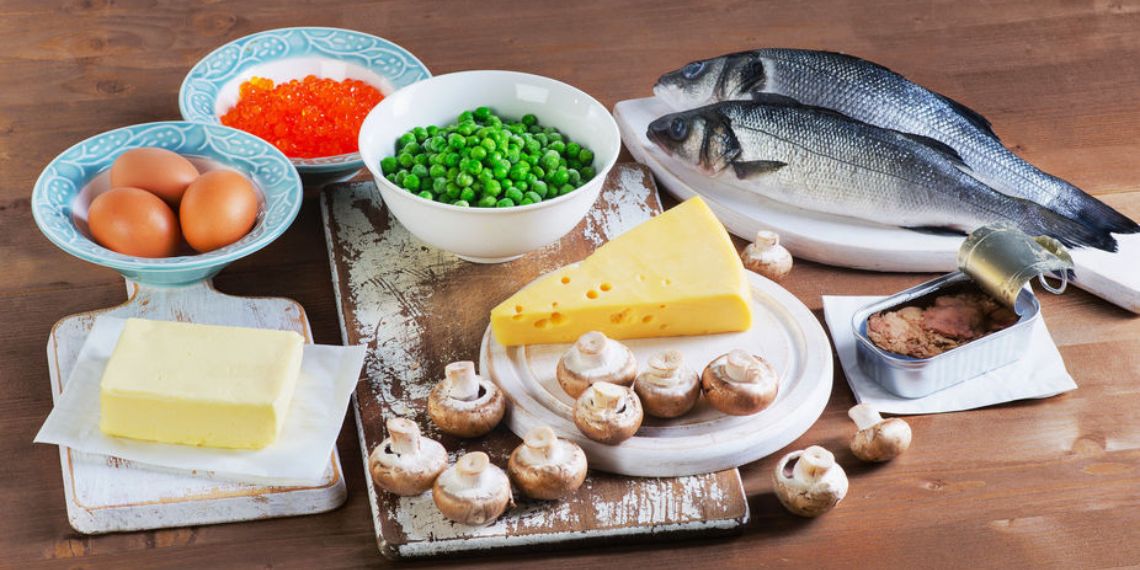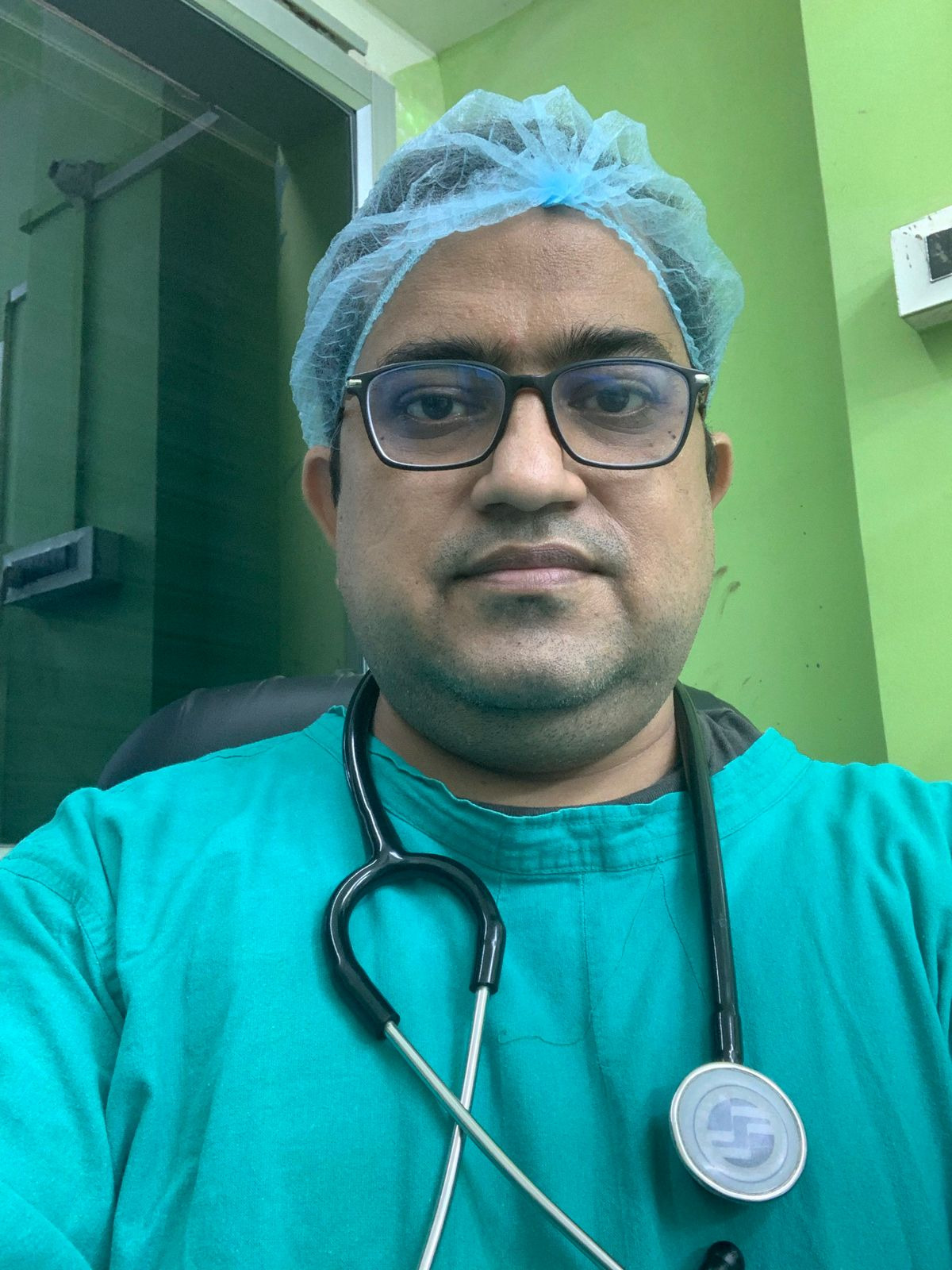There are no items in your cart
Add More
Add More
| Item Details | Price | ||
|---|---|---|---|
Tue Jun 7, 2022
Consuming a balanced, healthy diet during pregnancy can help you absorb the majority of nutrients and vitamins you require.If you're pregnant or you'll get pregnant, you should also take a Folic acid supplement.It is recommended to consider:
This helps lower the chance of issues with the baby's development during the initial weeks of pregnancy.
It is also suggested that you take a regular vitamin D supplement.
Do not consume cod liver oil or other supplements that contain vitamin A (retinol) during pregnancy. The excess vitamin A can affect your baby. Always read the label.
Also, you should be aware of foods to stay away from during pregnancy.

It's essential to consume a 400 milligram daily tablet of folic acids prior to becoming pregnant, and up until you're at 12 weeks pregnant.
Folic acid is a good antioxidant that can prevent birth defects, also called neural tube defects. This includes spina bifida.
If you haven't taken Folic acid prior to conception it is recommended to start immediately after finding out what you're expecting.
Eat green leafy vegetables that contain folate (the natural form of Folic acid) as well as breakfast cereals and spreads containing Folic acid added to the food items.
It's difficult to obtain the quantity of folate required to ensure a healthy pregnancy by foods alone. That's the reason it's so important to get folic acid supplements.

Vitamin D helps regulate the quantity of calcium as well as phosphate that is present in the body, both of which are required for keeping teeth, bones and muscles in good health. The body produces vitamin D when we expose our skin to sunlight during summer (from late March/early May to the final days in September).
It's not clear the amount of time needed in the sun in order to make enough vitamin D that can meet the body's needs. However, when you're outside, be sure to cover or shield your skin from sun damage by using sunscreen before your skin begins to burn or turn red.
Vitamin D is also found in certain foods, such as:
Vitamin D is included in breakfast cereals as well as fat spreads, and other non-dairy milk substitutes. The quantities that are added to these products could vary , and may be tiny.
Since vitamin D can only be found in a tiny amount of food items, either in the natural form or as an ingredient to foods, it can be difficult to obtain enough vitamin D from food all by itself.
Don't take more than 100 micrograms (4,000 in IU) in vitamin D each day because it can cause harm.

If you don't have sufficient iron in your system, you'll feel tired and suffer from anemia.
Lean meat and green leafy vegetables, dried fruit and nuts are iron-rich.
Should you want to consume peanuts, or food items which contain peanuts (such such as peanut butter) in pregnancy it's possible to do so in a wholesome, balanced diet, unless you're allergic to peanuts or your doctor suggests against.
A lot of breakfast cereals contain iron in them. If the iron levels in your blood drops the GP or midwife can recommend iron supplements.
Vitamin C helps protect cells and keeps them healthy.
It's found in a vast range of fruits and vegetables and a healthy diet will provide the vitamin C that you require.
Some good sources include:

Calcium is crucial for the formation of the bones and teeth of your baby.
Calcium sources include:
A balanced and varied vegetarian diet will provide sufficient nutrients for both you and your child during pregnancy.
However, you may find it more difficult to acquire enough iron and vitamin B12.
Ask a midwife, or doctor about ways to ensure you're receiving enough of these vital nutrients.
If you're vegan, or have a restricted diet as a result of a food allergy (for instance the gluten-free diet to treat coeliac disease) or due to religious reasons, consult your Midwife, or GP.
You can ask to be refer to your doctor such as Dr. Ashutosh Bhardwaj to consult about your concerns so he can reassure you or suggest changes in your diet.

Ashutosh Bhardwaj, MBBS, DCH, PGDUS, PGPN
He is a Pediatrician and Neonatologist with passion of teaching on pregnancy diet and nutrition, scientific womb talk trainer, and baby brain development trainer.